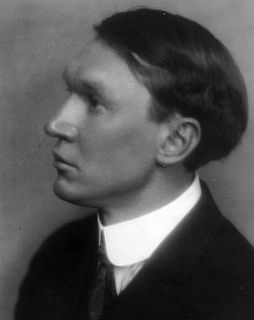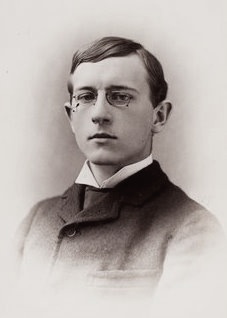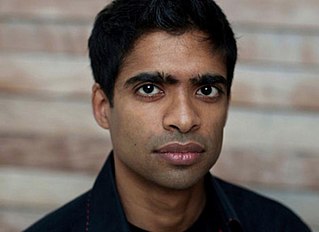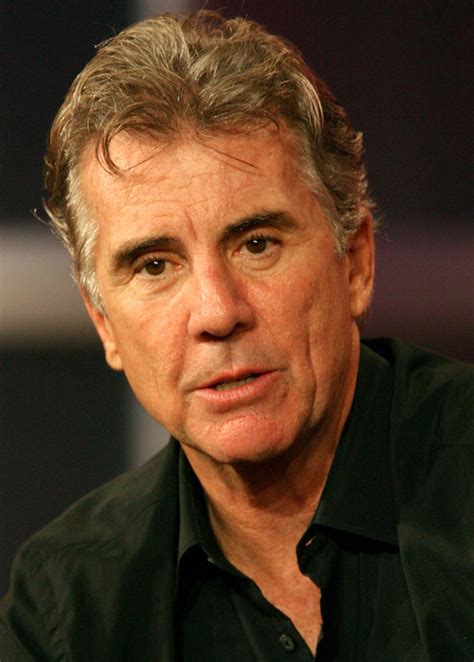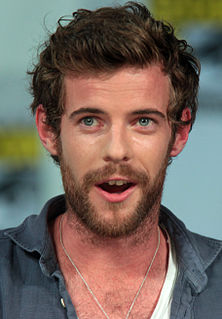A Quote by Dan Quayle
I don't have to experience tragedy to understand it.
Quote Topics
Related Quotes
It's my belief that one of the unconscious reasons which underlies the odd attitude of the establishment toward hallucinogens is the fact that they bring the mystery to the surface as an individual experience. In other words, you do not understand the psychedelic experience by getting a report from Time magazine or even the Economist. You only understand the psychedelic experience by having it.
Crime, violence, infamy are not tragedy. Tragedy occurs when a human soul awakes and seeks, in suffering and pain, to free itself from crime, violence, infamy, even at the cost of life. The struggle is the tragedy - not defeat or death. That is why the spectacle of tragedy has always filled men, not with despair, but with a sense of hope and exaltation.



